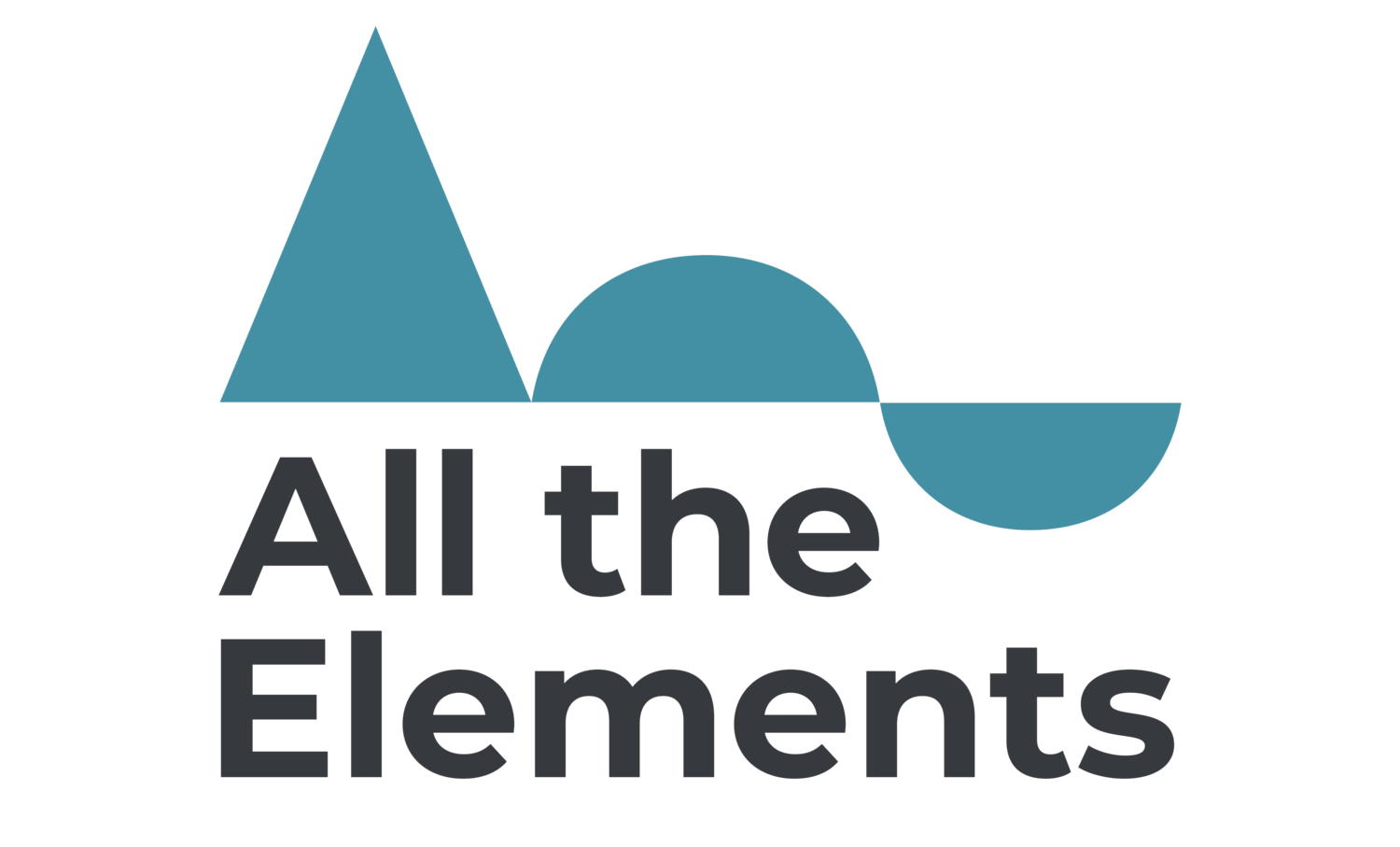About Outside: Our Way
My name is Ani. I have multiple chronic illnesses and I am disabled. That probably brings an image to your mind of what it means to be ‘disabled’, But when you look up the definition of ‘disability’ you’ll find various ways you can categorise it - as well as plenty of opinions about what it means to be disabled.
The UK Equality Act 2010 classifies disability as:
“a physical or mental impairment and the impairment has a substantial and long-term adverse effect on his or her ability to carry out normal day-to-day activities.”
The truth is there are so many variations and types of impairments that fit this definition. There are visible physical disabilities, there are hidden physical disabilities, there are learning disabilities, and there are mental health disabilities. The variations and combinations are endless and as a result each person’s disability or impairment is unique. How that affects their daily life is completely individual to them.
I have what is called hidden disabilities or invisible illnesses. I’m diagnosed with Lupus SLE and Hypermobility Spectrum Disorder (HSD). I have chronic pain, fatigue and memory loss along with other symptoms that affect me daily.
People often think that I’m not disabled or chronically ill. There’s a common stereotype that comes to a lot of people's minds when the words “sick” or “disabled” is used, and like so many I don’t really fit that image. Most of the time when you look at me I don't look like I’m in pain or fatigued. I walk without aids. I take part in active outdoor activities.
Image description: Photo of Ani outdoors at sunrise. She’s looking over an edge. The grass has a golden glow from the sun. There are hills in the distance. She’s wearing a purple coat with a back pack on that had an orange rain cover over it.
People don’t realise that I don’t look in pain or fatigued because I have a lifetime's worth of experience pretending I’m not. I time my painkillers to kick in before I see someone. I’ll make sure the environment I'm in when I'm with people is one that won’t drain too much energy or add to the pain. I’ll plan my week prior and after to ensure I’m rested enough and won’t crash. Finally, when I’m too exhausted to handle a simple conversation despite all my planning and methods… I will cancel and you will not see me in that state at all. The same amount of work goes into planning any outdoor activities. I have to use tactics and creative methods just to take part. I need extra preparations and plans to get by in a world that was created with non-disabled people in mind. This is the aspect of disability that people might miss.
Which brings me to the question - how can we help change this?
I can only be an expert on my own experience/disability/illness (and even then, that’s iffy!). After brief conversations with others with chronic illnesses or disabilities, I have come across some amazing tips to help manage my own disabilities outdoors. I have found people who can relate to my feelings like no-one else can, and have helped me pass challenges I’d previously faced alone. I've realised that there’s so much that I don’t know about people who are chronically ill/disabled and so much more I should learn.
I want to talk to people with different disabilities and conditions to mine. I want to see what challenges they face when they access the outdoors, what hurdles they have to navigate when going outdoors. I want to ask them what everyone should do to flatten those hurdles as much as we can.
Outside: Our Way is a collection of interviews to show that we as a community are here. These interviews are a chance for disabled people to shape their own narratives and tell us about their way of going outside. It’s aim is to shine a light on what it’s really like to be an outdoor enthusiast and disabled/chronically ill.
To those who are disabled or chronically ill - I hope you can find something to relate to. There’s a beautiful community that have shared experiences and can truly understand what you might think or feel.
To those who are non-disabled - I hope to show you what it takes to be disabled/chronically ill in the outdoors. And perhaps prompt you to consider how you can help us access the outdoors our way.

